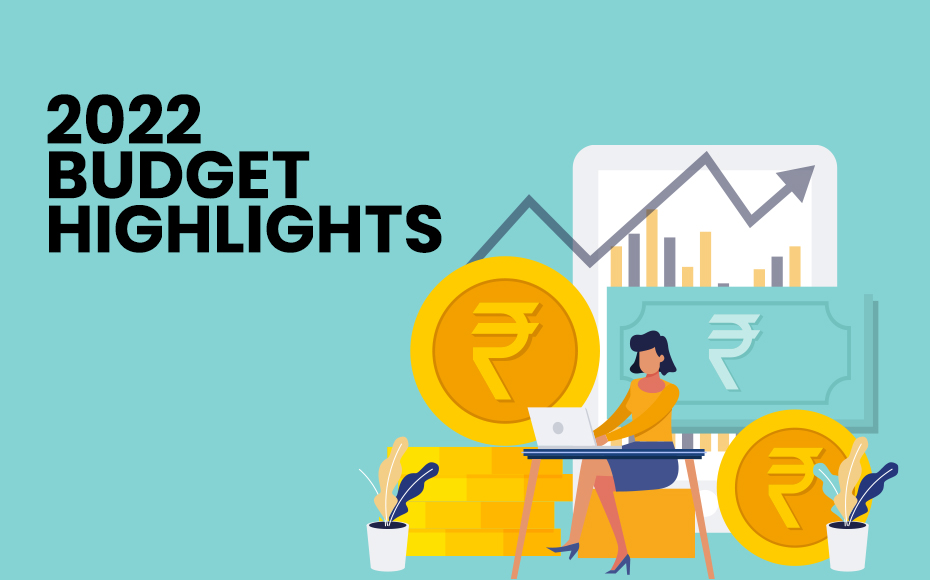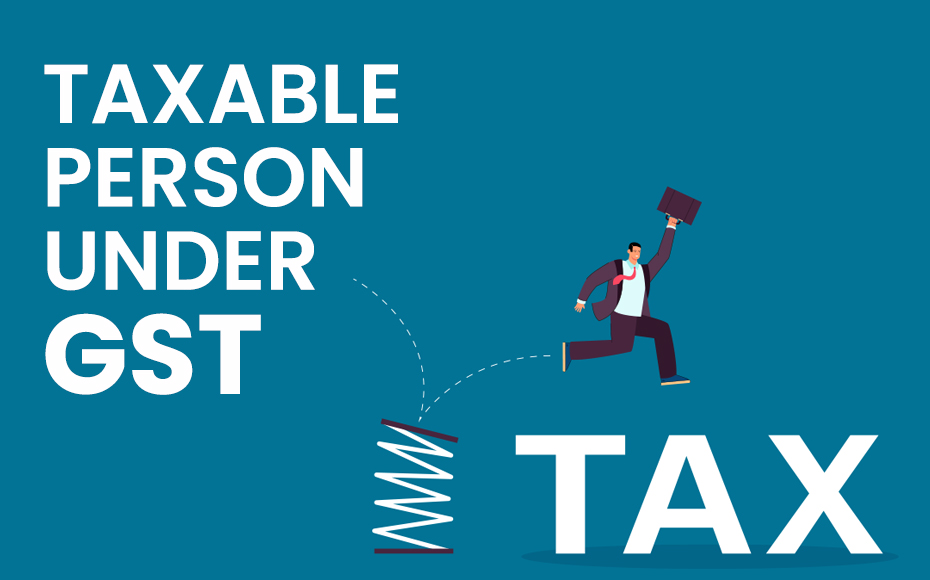

October 14, 2020

GST Compensation Cess is the cess collected on the supply of selected goods, services or both as mentioned in the GST Act 2017. What is GST cess for? The GST Compensation Cess will compensate the states for any revenue loss incurred on implementing Goods & Service Tax (GST) on July 1, 2017 for a period of 5 years or as the GST council recommends. This cess in GST arises due to the nature of GST as a consumption-based tax as certain states will be more into manufacturing than consumption.
Compensation cess in GST are collected by taxpayers who are engaged in the supply of goods, services or both who does not fall under exporters and composition taxpayers. This GST cess is applicable to certain goods imported to India as well. Exporters who have paid the compensation cess on exports will be eligible to get a refund.
| Items | GST Compensation Cess Rates (%) |
| Pan Masala | 60 |
| Unmanufactured branded tobacco with lime tube | 65 |
| Unmanufactured branded tobacco without lime tube | 71 |
| Branded tobacco refuse | 61 |
| Cheroots & Cigar | 21% or 4170 per 1000 (whichever is higher) |
| Cigarillos | 21% or 4170 per 1000 (whichever is higher) |
| Cigarettes (other than filter cigarettes) of not more than 65 mm length | 5%+2076 per 1000 |
| Cigarettes (other than filter cigarettes) of more than 65 mm and up to 75mm length | 5%+3668 per 1000 |
| Branded hookah or gudaku tobacco | 72 |
| Chewing tobacco without lime tube | 160 |
| Chewing tobacco with lime tube | 142 |
| Pan Masala containing tobacco | 204 |
| All branded tobacco products excluding pan masala containing ‘gutkha’ | 96 |
| All unbranded tobacco products excluding pan masala containing ‘gutkha’ | 89 |
| Coal, ovoid, briquettes, other solid fuels manufactured from lignite, coal (agglomerated or not), excluding jet, peat and peat litter (agglomerated or not) | 400 per tonne |
| Aerated drinks | 12 |
| Motor cars, station wagons, racing cars meant for human transportation except motor vehicles that can transport 10 or more persons including the driver | 15 |
| Petrol, LPG, CNG driven motor vehicles with not more than 1200cc engine capacity and 4000mm length | 1 |
| Diesel driven motor vehicles of not more than 1500cc engine capacity and 4000mm length | 3 |
| Motor vehicles more than 1500cc engine capacity | 17 |
| SUVs including utility vehicles with more than 1500cc engine capacity | 22 |
In Compensation Cess, ITC can be utilized only towards payment of the compensation cess on supply of goods or services.
The calculation of Compensation Cess is very similar to that of GST and is levied over and above the amount of GST charged with respect to a particular supply. The prescribed rate shall be applied to the transaction value as per Section 15 of the CGST Act 2017 to conclude on the cess liability.
For doing the calculation of GST Compensation Cess to be paid to the State, the following factors are weighed in:
Provisional compensation should be calculated every 2 months and paid to the states. Any over-payment or under-payment should be considered in the subsequent months or in certain cases in the succeeding financial year on finishing the official audit.
Compensation payment for FY 2019-20 has experienced a high deficit in the compensation fund due to the economic crunch as the aftermath of the global pandemic. The government has proposed the following alternatives to cancel out this shortage:
The 41st GST council meeting held on August 27, 2020 discussed that they will hold the release of compensation cess from centre to the states for the time being. The shortfall is estimated to be Rs.2.35 lakh Cr of which only Rs97000 Cr is on account of GST implementation. The rest of the shortfall is because of the Covid-19 outbreak and not providing on par with the GST constitutional amendment. Indian states have been encountering revenue loss for the past few months and on top of it, the Covid-19 outbreak has doubled the impact of this revenue loss. The Ministry of Finance is now looking for ways to nullify the effect of compensation cess shortfall.
Amidst the crisis faced by the nation the 41st GST was chaired by the Union Finance Minister Mrs. Nirmala Sitaraman through video conferencing. The centre as well as the state are trying hard to maintain the equilibrium of the Indian economy which has been hard-hit by the global pandemic.




